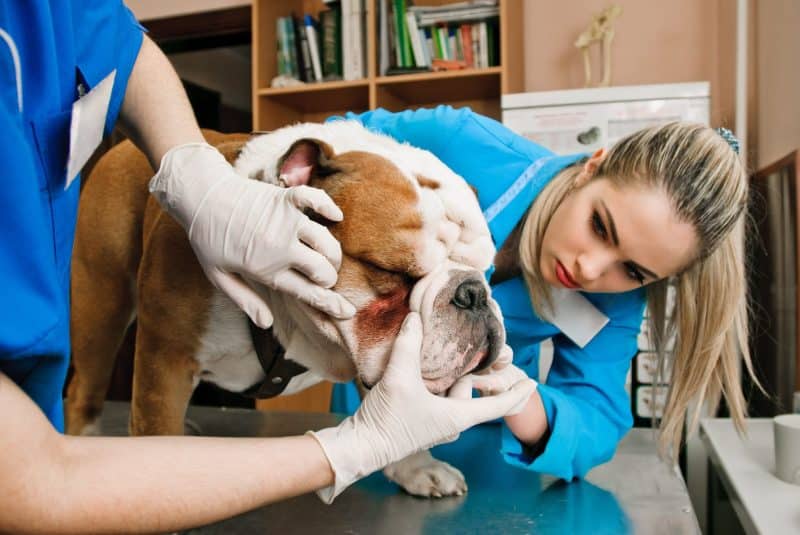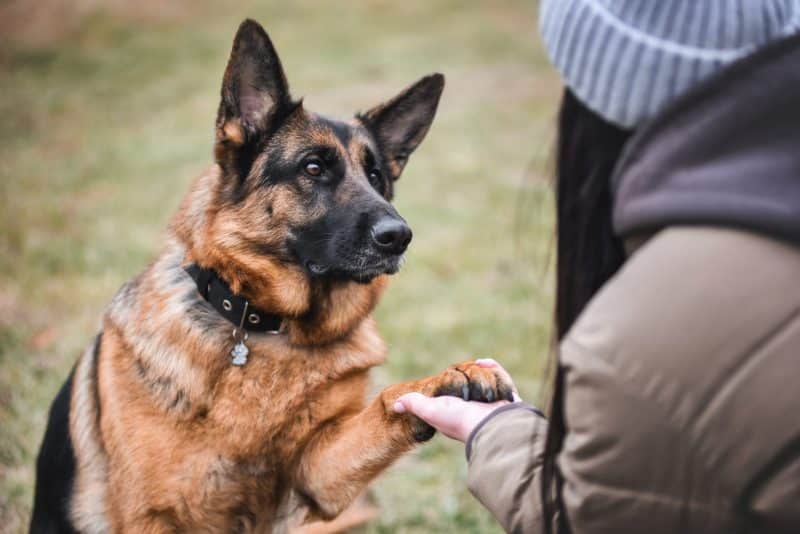We love our dogs like family—because they are! They greet us with wagging tails, joyful barks, and the occasional surprise mess. But as much as we adore them, some breeds are prone to health conditions that can lead to expensive vet bills. That’s where pet insurance comes in, helping you keep your pup happy and healthy without the financial stress.
The Breeds That Benefit Most from Pet Insurance
Some dog breeds have higher chances of developing specific health issues. Whether it’s hip dysplasia, heart disease, or skin conditions, these pups often need extra medical care. If your furry friend belongs to one of these breeds, having pet insurance can be a game-changer.
French Bulldogs – The Charming Yet High-Maintenance Companion
French Bulldogs are undeniably adorable, but their squishy faces come with breathing issues. They’re prone to Brachycephalic Obstructive Airway Syndrome (BOAS), which can require costly surgeries. They also deal with allergies and spine problems—making vet visits a regular occurrence.
Golden Retrievers – The Lovable Ball of Energy
Golden Retrievers are sweethearts, but they’re also magnets for health conditions like hip dysplasia, cancer, and heart disease. With their long lifespan and high energy, they often need medical care at some point in their lives, making insurance a smart move.
German Shepherds – Intelligent, Loyal, and Prone to Joint Issues
These highly intelligent dogs are known for their working-dog mentality, but unfortunately, they’re also known for hip and elbow dysplasia. Many German Shepherds eventually need orthopedic surgeries or treatments for degenerative myelopathy, a progressive spinal disease.
Bulldogs – The Wrinkly Wonders With a List of Health Concerns
Like their French cousins, Bulldogs are brachycephalic, meaning breathing issues are common. They also suffer from skin infections (thanks to their adorable wrinkles), hip dysplasia, and heart conditions. Vet bills for a Bulldog can add up quickly.
Dachshunds – Small but Mighty (and Prone to Back Problems)
Dachshunds may be little, but their long bodies put them at risk for intervertebral disc disease (IVDD). This painful spinal condition can require expensive surgery or ongoing treatment. Since they’re also prone to obesity, their backs need extra care.
Rottweilers – The Gentle Giants With Joint Problems
Rottweilers are big, lovable protectors, but their large size makes them prone to joint issues like hip and elbow dysplasia. They’re also at risk for heart disease and certain cancers. When these issues arise, medical costs can be steep.
Cavalier King Charles Spaniels – The Sweethearts With a Sensitive Heart
These affectionate little dogs have big personalities, but they also have a predisposition to heart disease—specifically mitral valve disease (MVD). This condition can lead to heart failure, making routine checkups and potential treatments essential.
Labrador Retrievers – Big Appetites, Big Medical Bills
Labs love food—sometimes a little too much. Their appetite puts them at risk for obesity, which can lead to joint problems, diabetes, and heart disease. They’re also prone to hip and elbow dysplasia, along with ear infections thanks to their floppy ears.
Boxers – Bouncy and Prone to Health Issues
Boxers are playful, goofy, and full of energy, but they also have a high risk of developing cancer, especially mast cell tumors and lymphoma. They’re also prone to heart conditions like aortic stenosis, which can lead to sudden heart failure.
Great Danes – Giant Dogs, Giant Vet Bills
Great Danes are often called “gentle giants,” and while they’re sweet, their size comes with serious health risks. Bloat, a life-threatening stomach condition, is a major concern for Danes. They also suffer from heart disease and joint problems, both of which can lead to hefty medical bills.
Siberian Huskies – Gorgeous but Prone to Genetic Disorders
Huskies are known for their striking blue eyes and endless energy, but they also have their fair share of health risks. They’re prone to autoimmune disorders, eye diseases like cataracts, and hip dysplasia. Their independent spirit can also lead them into trouble—vet visits for accidental injuries are not uncommon!
The Smartest Way to Protect Your Pup
No one likes to think about their furry best friend getting sick or injured, but it’s always better to be prepared. Veterinary care has advanced tremendously, which means dogs have access to top-tier treatment—but those treatments can come with hefty price tags. Pet insurance ensures that if an emergency or health condition arises, you can focus on your dog’s well-being rather than worrying about how to afford it.
If you share your life with one of these wonderful breeds, consider taking the next step in responsible pet ownership. After all, they’d do anything for you—shouldn’t you do the same for them?

 1 day ago
3
1 day ago
3























 English (US) ·
English (US) ·